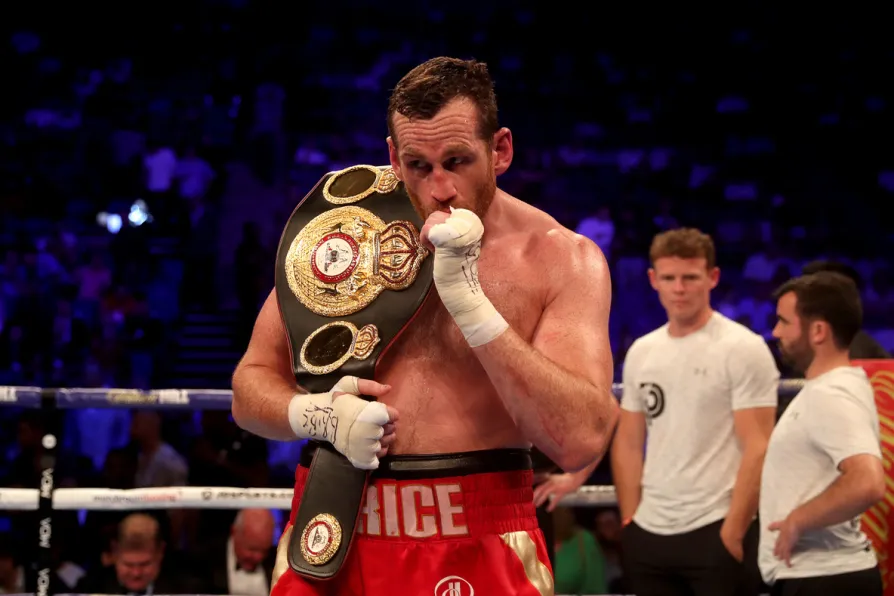

THE return of Liverpool’s David Price to prominence with an impressive victory over Dave “The White Rhino” Allen at the O2 in London last weekend, fighting on the undercard of Whyte v Rivas, breathed life into the poetic justice that comes with having the last laugh over your detractors.
Price is a fighter who has had his own personal army of detractors to contend with, subjected to a shower of ridicule, disdain, abuse and disrespect by fans and trolls on social media in the wake of losing past performances. It got so bad that it managed to drive him off social media for a time, and who knows the kind of pain he endured when things were at their worst.
His joy in being able to claim the last laugh after his impressive and near punch-perfect victory over Allen by TKO was made clear afterwards, when during a post-fight interview with IFL TV Price took a moment to level a sincere “fuck you!” to the camera at his critics. Here was a fighter who’d been to hell and back, suffering his share of defeats and KOs, and yet had refused to quit or listen to the naysayers.














